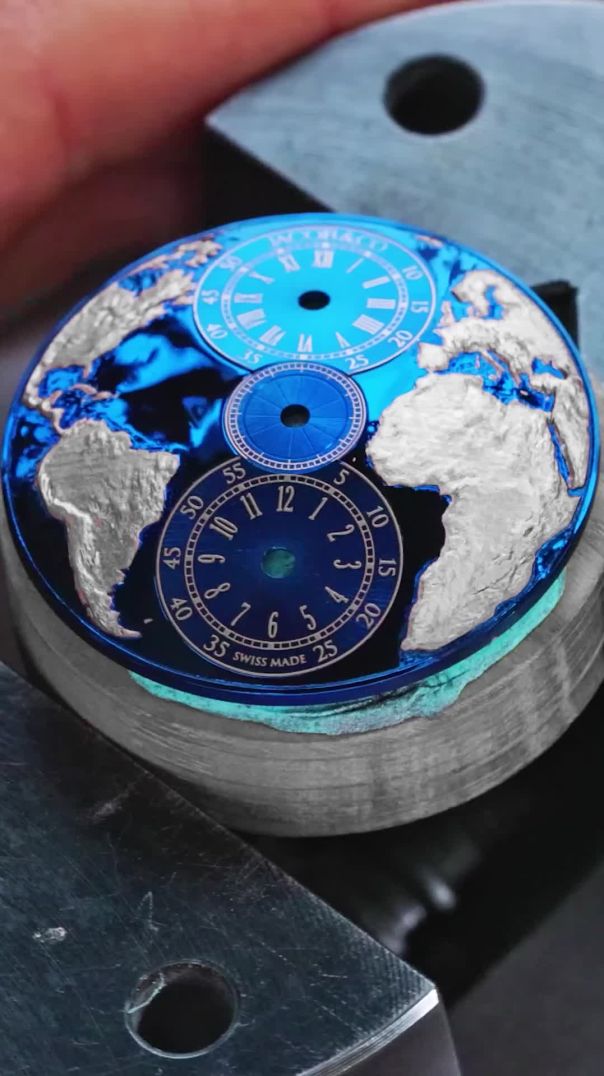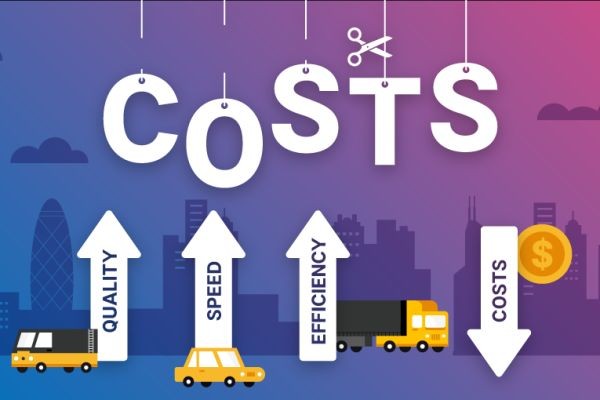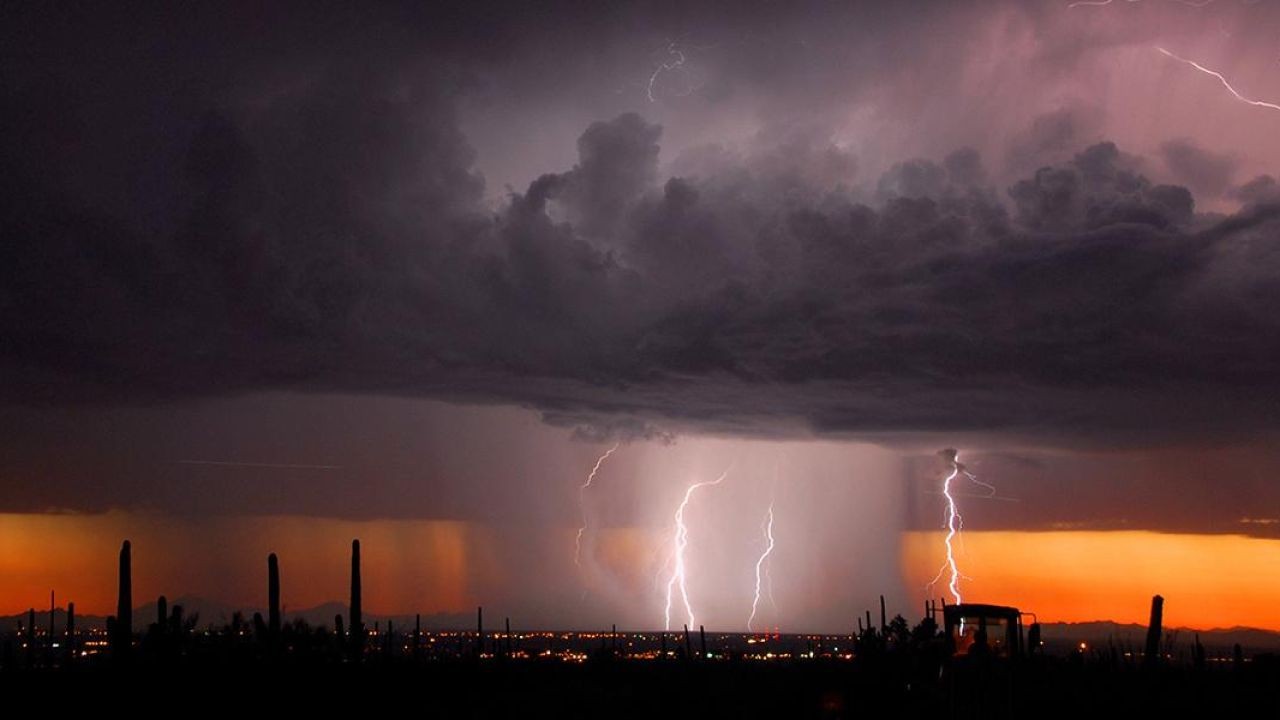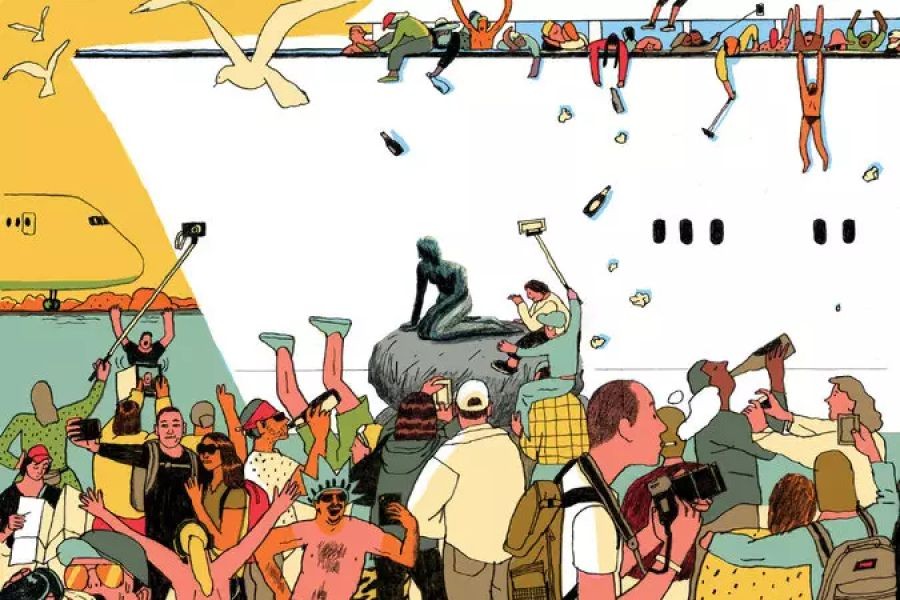New Zealand’s transport landscape is shifting. Rising fuel prices, climate policies, and improved public infrastructure are forcing Kiwis to rethink car ownership. In 2025, the answer to “Should I own a car?” depends on your lifestyle, location, and budget. Let’s break down the costs, alternatives, and smart strategies to navigate NZ’s roads (or avoid them entirely).
1. The True Cost of Car Ownership in 2025
Owning a car in NZ isn’t just about the sticker price. Here’s the annual breakdown for a mid-sized used car:
| Expense | Annual Cost |
|---|---|
| Purchase/Depreciation | 3,000–6,000 |
| Fuel (12,000 km/year) | 2,500–3,500 |
| Insurance | 800–1,500 |
| WoF/Rego/Maintenance | 1,000–1,800 |
| Total | 7,300–12,800 |
Note: EVs cut fuel costs by 70% but have higher upfront prices (avg. $35,000+ for used).
Hidden Costs: Parking (20–50/day in cities), toll roads (e.g., Auckland’s Northern Gateway), and time spent in traffic.
2. Public Transport: Cheaper, But Is It Reliable?
Cities (Auckland, Wellington, Christchurch)
-
Cost: 120–200/month for unlimited bus/train passes (e.g., Auckland’s AT HOP).
-
Pros: Expanding networks (e.g., Auckland Light Rail), frequent services in CBDs.
-
Cons: Unreliable in suburbs, limited late-night options.
Regional Areas
-
Sparse services. Example: A Hamilton-to-Auckland train commute costs $25/day but takes 2+ hours.
2025 Upgrades:
-
NZ’s $7.4 billion climate transport fund is adding electric buses and cycleways.
3. Car-Free Alternatives
A. Car-Sharing Services
-
Mevo (Auckland/Wellington): From $12/hour (includes fuel/insurance).
-
CityHop: Ideal for occasional errands (avg. $50 for a 3-hour trip).
B. E-Bikes & Scooters
-
Cost: 2,000–5,000 upfront (or 20–40/week via Lime).
-
Savings: No fuel, Rego, or parking fees. NZ’s cycleway expansion (e.g., Christchurch’s Major Cycleways) makes commuting faster.
C. Ride-Hailing
-
Uber/Didi: Cheaper for short trips but adds up (e.g., $25 for a 10km Auckland ride).
D. Carpooling
-
Carpool NZ or Facebook groups: Split costs for intercity trips (e.g., Auckland to Tauranga for $20).
4. Regional Realities: Where a Car Is (Still) Essential
-
Rural NZ: Poor public transport, long distances. Example: A farmer in Otago needs a ute for supplies/livestock.
-
Families: Multiple school runs, sports practices, and grocery hauls make car-free life tough.
-
Adventure Seekers: Remote hikes, ski trips, or surf spots require wheels.
5. EV vs. Petrol: Which Wins in 2025?
-
EVs: Save $2,000+/year on fuel but face higher upfront costs. Charging infrastructure is growing (2,000+ public stations nationwide).
-
Government Incentives: Clean Car Discount still offers up to $3,500 for new EVs (phasing out in 2026).
-
Hybrids: A middle ground for rural drivers (e.g., Toyota RAV4 Hybrid).
6. How to Decide: A Checklist
✔️ Calculate Your Usage:
-
Do you drive < 5,000 km/year? Car-sharing may be cheaper.
-
Urbanites: Test a car-free month using public transport + Mevo.
✔️ Factor in Lifestyle:
-
Weekend road trips? Keep the car.
-
Work-from-home? Ditch it.
✔️ Crunch the Numbers:
-
Use NZTA’s Total Mobility Calculator to compare costs.
7. Smart Tips to Cut Transport Costs
-
Fuel: Use Gaspy to find the cheapest petrol nearby.
-
Insurance: Compare quotes yearly (try State or AA).
-
Maintenance: Learn basic DIY repairs via YouTube (e.g., oil changes).
-
Parking: Use Parkable to rent cheap monthly spots in cities.
The Verdict
Keep the car if:
-
You live rurally or have kids.
-
Public transport gaps affect your job/health.
Ditch the car if:
-
You’re urban, solo, and tech-savvy.
-
Your annual savings outweigh occasional rental costs.
Hybrid Approach: Own one fuel-efficient car for weekends and use e-bikes/public transport weekdays.
In 2025, car ownership is no longer a default—it’s a calculated choice. By leveraging NZ’s growing alternatives and tech tools, you can save thousands without sacrificing freedom. 🚗💸🚲


































HiltonNick
12 months ago